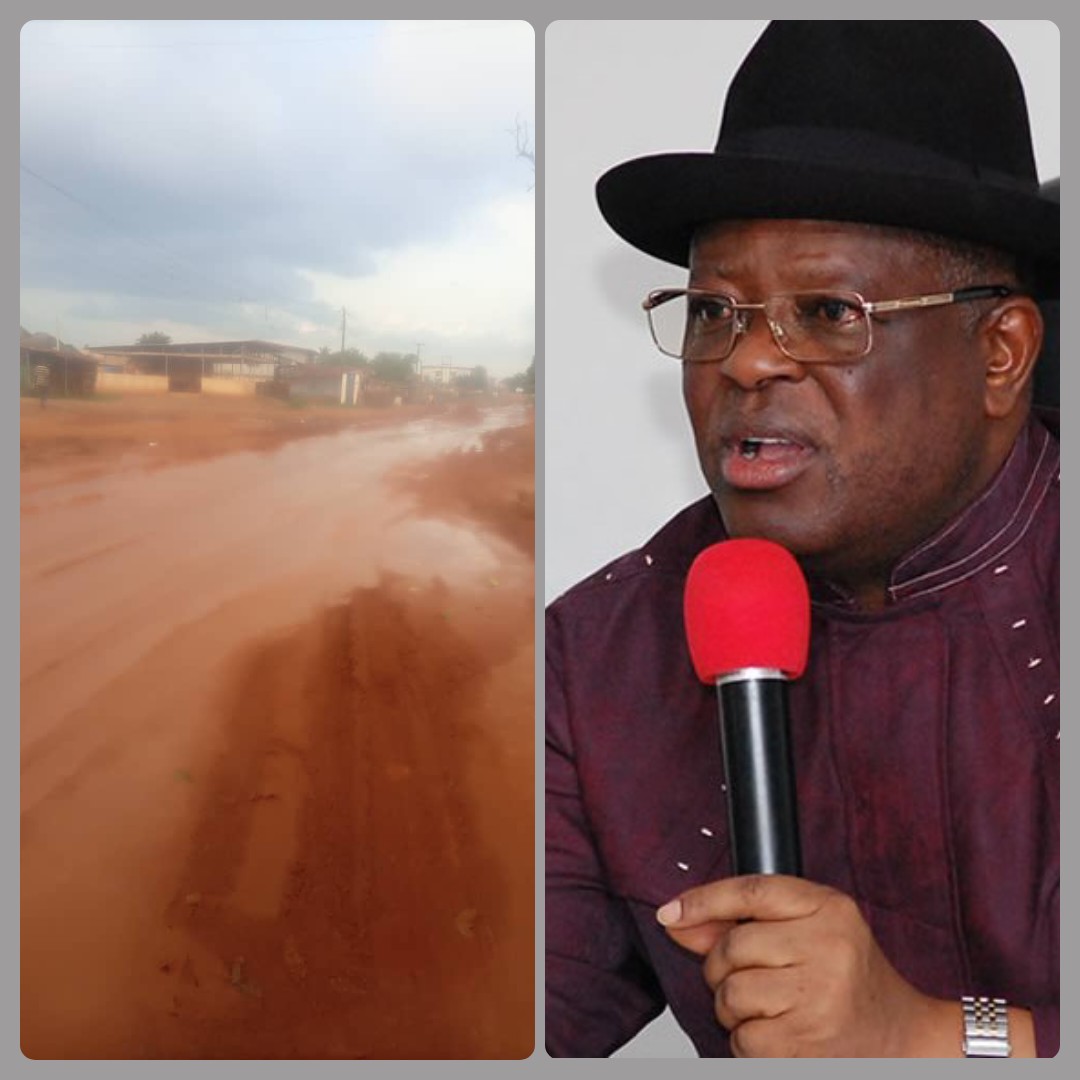By Rosemary Okoduwa
The Agbor–Igbanke–Ekpon–Ebelle–Igueben–Ugbegun–Uromi Road is far more than a mere federal highway. It serves as a crucial lifeline, connecting the South-South and South-East regions to the rest of Nigeria. This strategic thoroughfare plays a pivotal role in facilitating trade, commerce, and social interactions between the northern and southern parts of the country.

For over a decade, this important highway has remained in a deplorable state, abandoned and neglected by successive governments. Its disrepair has left residents, commuters, and businesses to bear the brunt of its consequences. The appalling condition of the road forces travellers to seek treacherous detours through remote and unsafe terrains, exposing them to grave security risks.

The situation has escalated beyond mere inconvenience to a full-blown security emergency. Kidnappings, armed robberies, and ambushes have become commonplace occurrences along this highway. Travellers live in constant fear, with many having lost loved ones or narrowly escaped death. The simple act of moving from one town to another has become a dangerous gamble.
Transportation costs have also skyrocketed as commercial drivers and transport operators factor in the risks and additional wear and tear on their vehicles. Businesses in these communities are struggling to remain viable, as the deteriorating road conditions have stifled trade, discouraged investors, and led to the isolation of entire towns from the national economy.

This highway remains the only direct route connecting the South-East to other parts of Nigeria, reinforcing its strategic significance. It is the artery through which goods, services, and people flow, ensuring economic growth and national integration. Its neglect has, therefore, become not just a regional concern but a matter of grave national importance.
A chilling example of the dangers on this road was recently shared by a family travelling from Ewohimi via Onicha-Ugbo en route to Benin City, intending to link the Benin–Asaba Expressway. Midway, their vehicle was ambushed by armed men. Bullets riddled the car, but by sheer providence, they miraculously survived without loss of life. Their story is a stark reminder of the peril that ordinary Nigerians face on this road daily.
Unfortunately, this is not an isolated incident. Similar terrifying experiences have been reported by traders, students, transport workers, and families who have no choice but to ply this hazardous route. The road has become a notorious hotspot for criminal activity, turning law-abiding Nigerians into easy prey for ruthless criminals.

This level of insecurity and infrastructural decay is both unacceptable and unsustainable. The longer the government delays meaningful action, the deeper the social and economic damage inflicted upon the people of this region. The total reconstruction of the Agbor–Uromi Federal Highway is long overdue and must be treated as an urgent national priority.
We therefore call on the Honourable Minister of Works, Engr. David Umahi and President Asiwaju Bola Ahmed Tinubu to rise to this challenge. The reconstruction of this highway cannot be further postponed. A government that truly values the welfare of its citizens must demonstrate this through purposeful action, not empty promises.
The people of Esanland, the South-South, and the South-East deserve roads that are safe, motorable, and worthy of a nation that claims to be the giant of Africa. Fixing this highway will not only rekindle the confidence of the people in their government but also revitalise the economy of the entire region.
The time for action is now. The fate of this strategic highway is not merely a local or regional concern; it is a national imperative. The government must move swiftly to rehabilitate this road and restore hope, security, and prosperity to the long-suffering communities it serves.Discover more from DE-PATRIOT
Subscribe to get the latest posts sent to your email.
